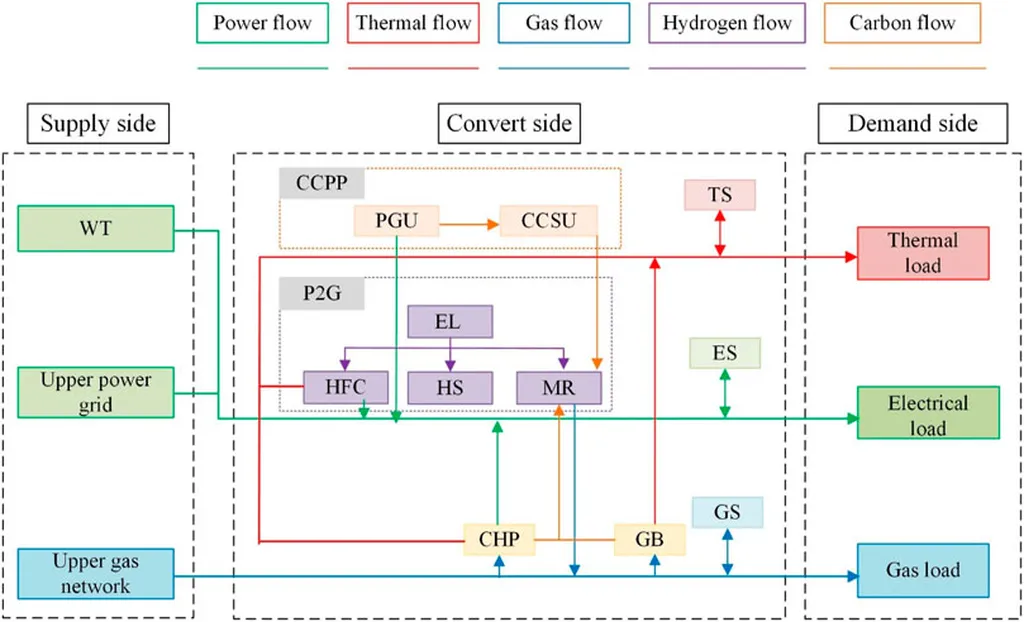In the rapidly evolving landscape of global energy markets, a groundbreaking study led by Dr. Jiang Mingxuan from Xi’an Jiaotong University is shedding light on the intricate dynamics of the electricity-carbon-hydrogen coupling trading market. Published in the journal *Power Construction*, the research delves into the complexities and opportunities presented by the integration of these three critical energy sectors.
As countries worldwide accelerate their transition towards low-carbon development, the coupling of electricity, carbon, and hydrogen trading markets is emerging as a pivotal trend in China’s energy industry. However, this integration is not without its challenges. The study highlights the enhanced complexity of energy mutualization and information interaction across multiple systems, which can hinder market development.
Dr. Jiang and his team, including BIAN Yiheng, LI Gengfeng, HUANG Yuxiong, and ZHANG Runfan, have meticulously analyzed existing research on electricity-carbon and electricity-hydrogen markets. Their work provides a comprehensive overview of the research methodology, coupling mechanism, trading mode, pricing, and clearing mechanisms within these markets. “The complexity of resources and interactions in the electricity-carbon-hydrogen market presents unique challenges at both the physical and information levels,” explains Dr. Jiang. “Our study aims to address these issues by proposing a framework for the electricity-carbon-hydrogen coupling market within the Energy Internet.”
The proposed framework is designed to clarify market trading mechanisms and decision-making laws, establishing clear guidelines for energy production and marketing. At the information level, the Energy Internet facilitates data matching and sharing, ensuring transparency and openness among the electricity, carbon, and hydrogen markets. This promotes autonomous and flexible distributed energy trading, guiding optimal resource allocation.
The implications of this research are profound for the energy sector. By exploring key technologies and research points for the coupled electricity-carbon-hydrogen market, the study offers a feasible reference path for improving and developing the construction program of these markets. “This research provides a roadmap for overcoming the current dilemmas in market development,” says Dr. Jiang. “It offers a practical approach to enhancing the efficiency and effectiveness of energy trading in the future.”
As the energy sector continues to evolve, the insights provided by this study will be instrumental in shaping future developments. The integration of electricity, carbon, and hydrogen markets holds the potential to revolutionize energy trading, promoting sustainability and economic growth. With the framework proposed by Dr. Jiang and his team, the path towards a more efficient and transparent energy market becomes clearer, paving the way for a greener and more prosperous future.
Published in the journal *Power Construction*, this research marks a significant step forward in the understanding and development of the electricity-carbon-hydrogen coupling trading market, offering valuable insights for policymakers, industry leaders, and researchers alike.

